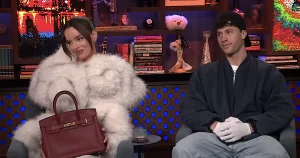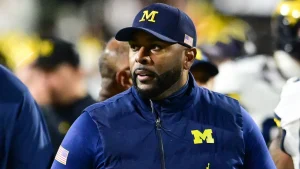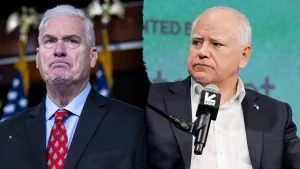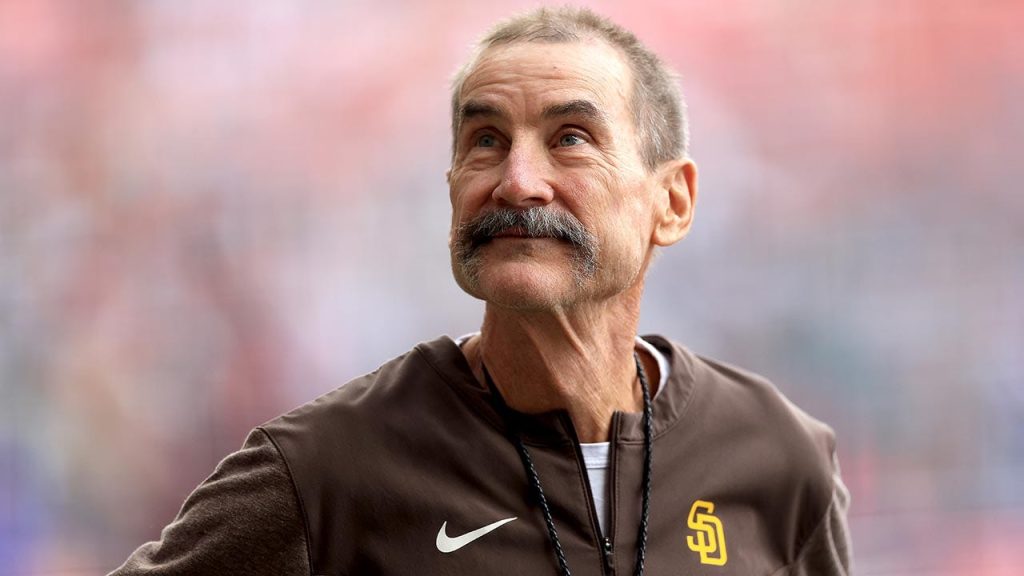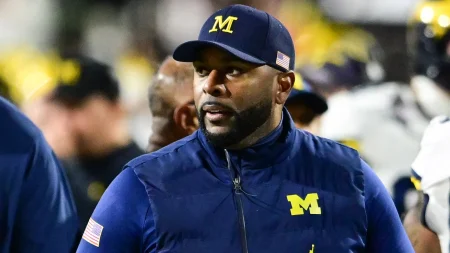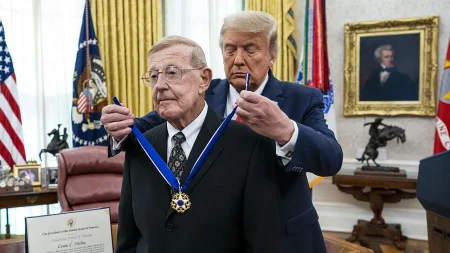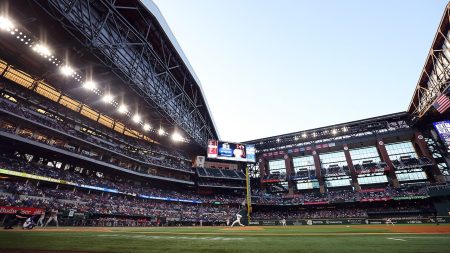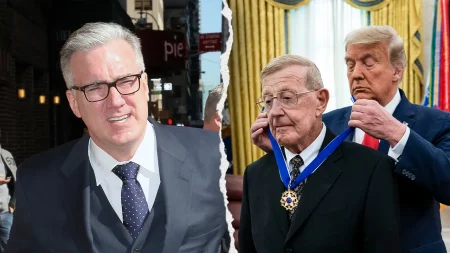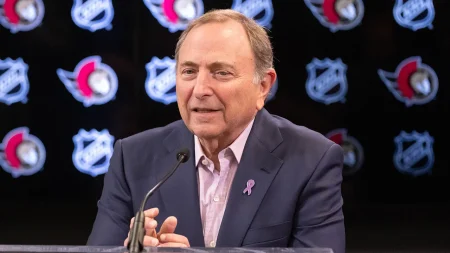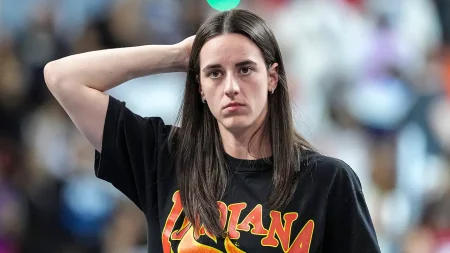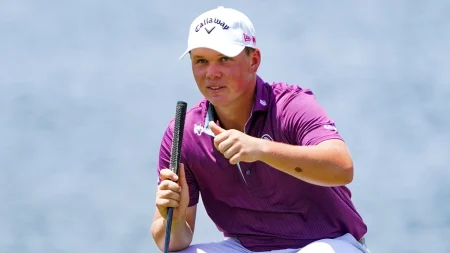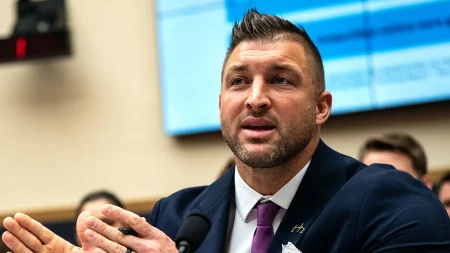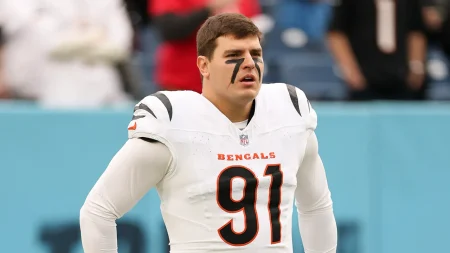The San Diego Padres, a Major League Baseball franchise with a rich history and a recent surge in on-field investment, find themselves embroiled in a complex legal battle following the death of their owner, Peter Seidler. This internal conflict pits Peter’s widow, Sheel Kamal Seidler, against his two brothers, Matt and Bob Seidler, and revolves around the control and future ownership of the team. Sheel contends that Peter’s dying wish was for her to assume control of the Padres, followed by their children, ensuring the franchise remained within their immediate family. This assertion is the cornerstone of her lawsuit, which alleges breaches of fiduciary duty and fraud on the part of Matt and Bob.
Sheel’s lawsuit alleges that Peter’s brothers are actively attempting to circumvent his expressed intentions and usurp control of the team for themselves. She argues that they are misrepresenting themselves as Peter’s true heirs and disregarding his vision for the Padres. The complaint further alleges instances of racially charged and offensive communications directed at Sheel, who is of Indian descent, by Bob’s wife. These allegations add another layer of complexity to the already contentious family dispute, highlighting the personal animosity involved. Sheel emphasizes that the decision to file suit was a last resort, taken only after attempts at private resolution failed. She frames her actions as necessary to protect the Padres and uphold Peter’s legacy.
Matt Seidler, in a public statement, categorically denies Sheel’s allegations, asserting they are “without merit.” He claims that Peter had a well-defined estate plan that explicitly named three of his nine siblings, excluding Sheel, as successor trustees. This directly contradicts Sheel’s narrative and sets the stage for a potentially protracted legal battle over the interpretation and validity of Peter’s estate plan. The conflicting claims create a central question: whose interpretation of Peter’s intentions accurately reflects his wishes?
Adding to the intricacies of this situation is the backdrop of Peter Seidler’s ambitious investment in the Padres. Prior to his passing in November 2023 at the age of 63, Seidler had committed significant financial resources to building a competitive team. He orchestrated a series of high-profile, lucrative contracts with star players like Manny Machado, Fernando Tatis Jr., Xander Bogaerts, and Yu Darvish. These deals, totaling hundreds of millions of dollars, reflect Seidler’s commitment to transforming the Padres into a World Series contender and his desire to compete with the dominant Los Angeles Dodgers within their division. This aggressive spending strategy, while aimed at on-field success, has also raised financial concerns, particularly after reports emerged of the team taking out a $50 million loan. The ongoing legal battle could further complicate the team’s financial situation and impact future player acquisitions or contract negotiations.
The future of the San Diego Padres now hangs in the balance, subject to the outcome of this family dispute. The legal proceedings will likely involve a thorough examination of Peter Seidler’s estate plan, including any written documentation, witness testimonies, and interpretations of his expressed wishes. The court will need to determine the validity of Sheel’s claims and whether Peter’s brothers are acting in accordance with his intentions or for their personal gain. The allegations of racially charged communications will also likely be investigated and could play a role in the court’s decision.
The ownership struggle carries significant implications for the Padres organization, its fans, and the city of San Diego. The outcome will determine who controls the team’s future direction, including its financial strategy, player personnel decisions, and overall vision. A protracted legal battle could create instability and uncertainty within the organization, potentially impacting player morale and performance. Furthermore, the public nature of this dispute could damage the team’s image and reputation. The resolution of this case will not only determine the future ownership of the Padres but also shape the legacy of Peter Seidler and the franchise he sought to build.
